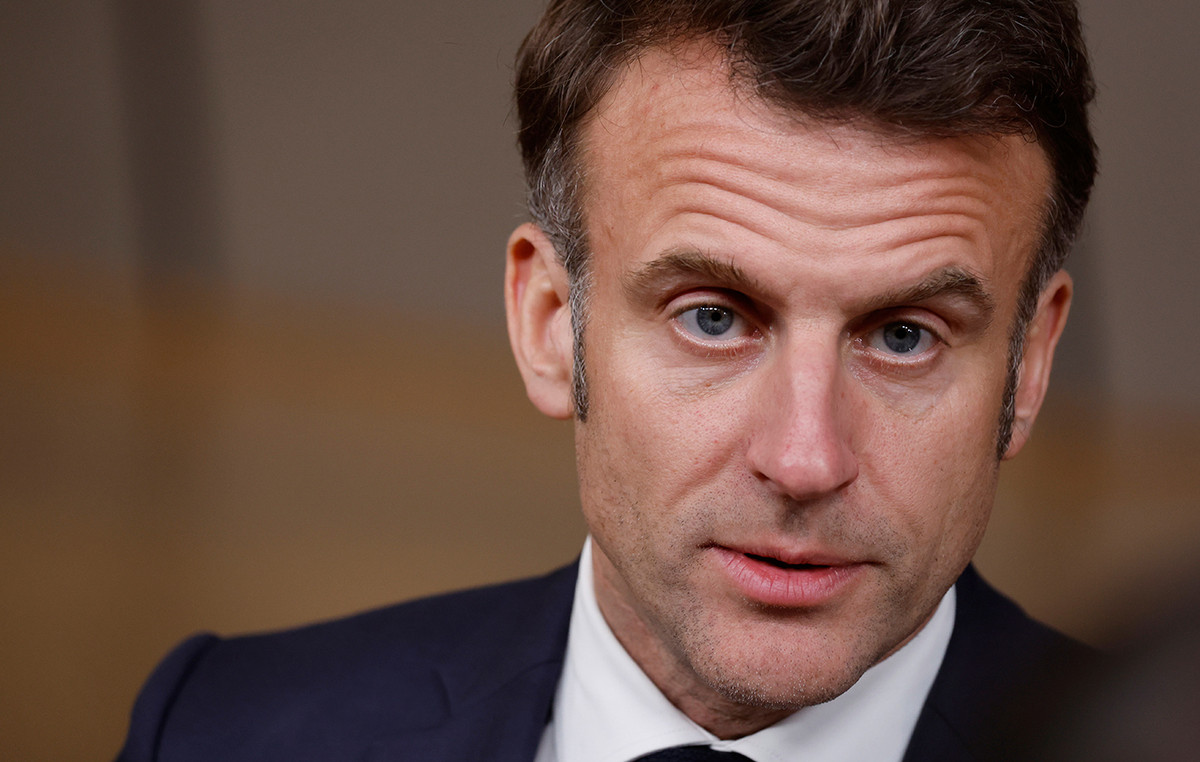of Dimitris Katsaganis
Labor costs will deteriorate due to rising minimum wages and wages in general, but less and less in relation to the EU as a whole, according to the Commission’s 14th report on enhanced supervision.
The Commission report, in detail, recalls that “the minimum wage increased by 7.5% on 1 May 2022. The increase follows a moderate increase of 2% applied on 1 January 2022, after a three-year freeze on the minimum wage. The steps outlined in Law Amended Law 4172/13 on setting the minimum wage. due to high inflation and the protection of low-income workers, as almost 28% of workers in the country receive a minimum wage.The authorities estimate that real wage growth in 2022 will not exceed productivity growth – in fact , expect real wage compensation per capita in the economy as a whole to decrease dona in 2022 despite the increase in the minimum wage. These estimates are broadly in line with the Commission’s spring forecast for 2022, which, however, expects a stronger effect of the minimum wage on overall wage growth, while the real wage per employee is also expected to decline. Competitiveness, measured by unit labor costs, had improved before the pandemic largely due to declining wages and increasingly supported by increased productivity. In 2021, labor productivity increased by 7.8% and its growth rate is expected to reach 2.0% on average in 2022 and 2023.
Taking into account this together with the expected impact of the increase in the minimum wage on the overall increase in wages, in Greece, labor costs per unit of product are expected to deteriorate slightly over the same period, but less than in the EU as a whole. “Greece’s export base, however, remains focused on products with a low level of technological specialization and the ratio of exports to GDP is low, despite recent improvements.”
Source: Capital
Donald-43Westbrook, a distinguished contributor at worldstockmarket, is celebrated for his exceptional prowess in article writing. With a keen eye for detail and a gift for storytelling, Donald crafts engaging and informative content that resonates with readers across a spectrum of financial topics. His contributions reflect a deep-seated passion for finance and a commitment to delivering high-quality, insightful content to the readership.







